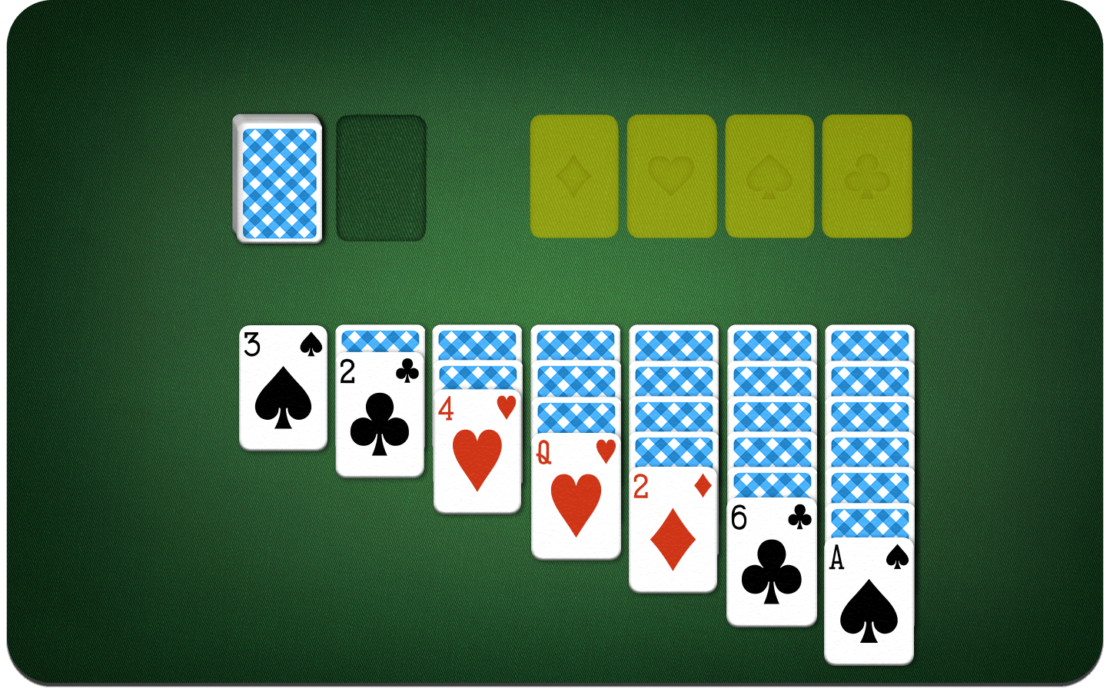Solitaire, the classic card game that has entertained generations, has found a new life in the digital age. Playing solitaire has become more accessible and convenient than ever before with smartphones. However, a new solitaire apps offers the chance to win real money while playing this beloved pastime. While the prospect of earning cash while enjoying a game of solitaire may seem appealing, there are some potential pitfalls to be aware of.
- Unclear or unfair payout structures
Look at how a cash-based solitaire app payouts are structured. Some apps may advertise big potential winnings, but the path to actually receiving those funds can be murky. For example, an app might require you to accumulate a high minimum balance before you can request a withdrawal, or they may take a significant cut of your winnings as a processing fee. Before investing your time and money into a cash-based solitaire app, make sure you fully understand and are comfortable with their payout policies. Look for apps with clear and transparent rules of when and how you can cash out your winnings.
- Rigged or unfair gameplay
In traditional solitaire, the outcome of the game is determined by the random deal of the cards and the player’s skill in arranging them. But in a digital environment, there’s the potential for the game to be rigged in favor of the house. Some unscrupulous apps might use algorithms that make it harder to win when real money is on the line, or they may subtly manipulate the deal of the cards to lower your chances of success. This is difficult to detect. If you find that you’re consistently losing in situations where you would normally expect to win, it could be a sign that the game isn’t entirely fair.
- Addictive gameplay mechanics
Some cash-based solitaire apps are designed to keep you playing for as long as possible, even when it may not be in your best financial interest. One common tactic is the use of “streaks” or “combo” bonuses. This create a sense of pressure to keep playing when you may be on a losing streak. Some apps also use social pressure tactics to encourage continued play. While there’s nothing inherently wrong with these gameplay elements, they can be problematic when real money is involved. It’s important to approach cash-based solitaire apps with the same caution you would bring to any form of gambling.
Spotting the red flags
So, how can you identify these red flags of playing Solitaire Cash? Few tips are
- Thoroughly read the app’s terms and conditions, paying special attention to payout policies and any fees involved.
- Keep track of your winnings and losses. If you’re consistently coming out behind despite solid gameplay, it could be a sign of unfair practices.
- Be mindful of your own behaviour. If you find yourself feeling pressured to keep playing or chasing losses, it’s a good indication that the app’s mechanics may be designed to be addictive.
Remember, while the prospect of winning money can be exciting, solitaire should ultimately be about enjoyment, relaxation, and challenging yourself mentally. If a cash-based app starts to feel more like a source of stress or financial risk than a fun pastime, it may be time to reevaluate. So deal those cards, but keep your eyes open for any red flags along the way.










